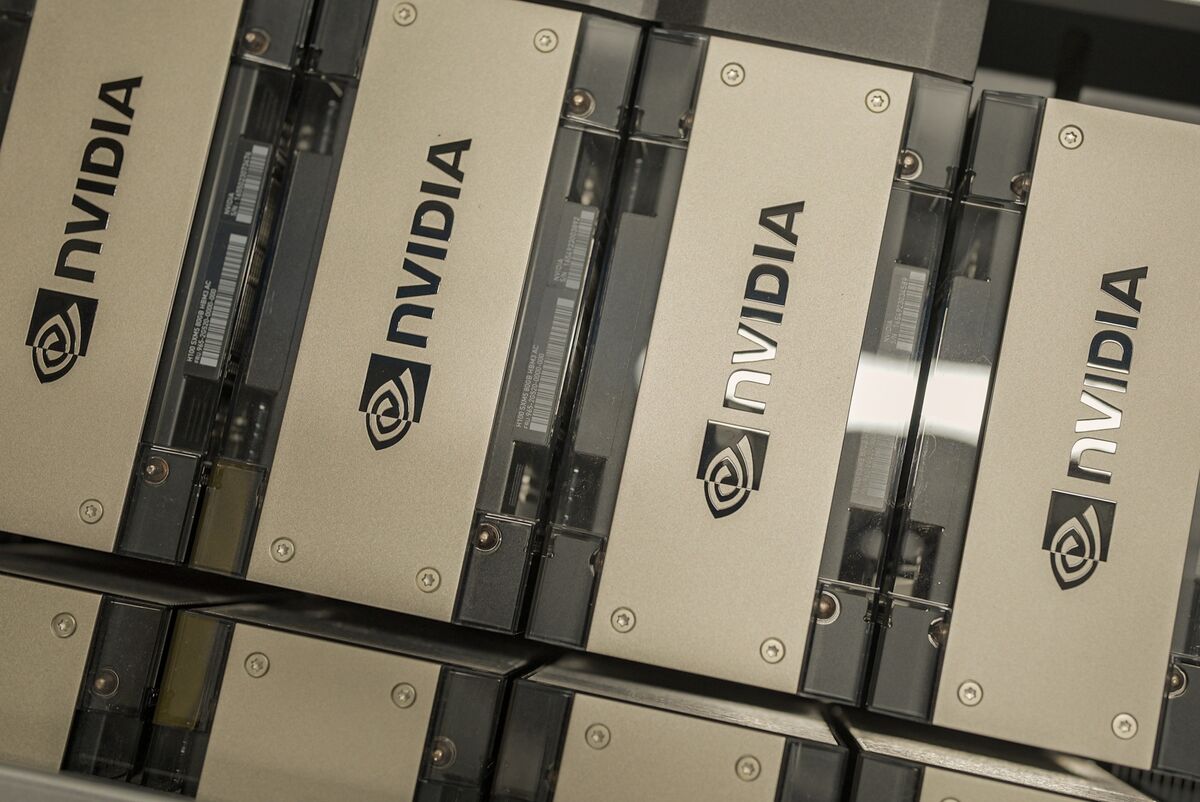The recent charges brought by US prosecutors against two Chinese nationals for allegedly attempting to illegally ship Nvidia AI chips to China highlight the intensifying battle surrounding advanced technology exports and global AI supremacy. The case underscores how access to high-performance AI hardware, especially those produced by American companies, is viewed as a critical frontier in both commercial innovation and national security.
The Case Unfolded
On August 5, 2025, the US Department of Justice announced the arrest of Chuan Geng and Shiwei Yang, both 28 and residents of California, for exporting sensitive AI microchips to China without proper authorization. The two operated ALX Solutions Inc., a company based in El Monte, California, which they founded shortly after the US imposed stricter export controls on advanced AI chips in 2022. From October 2022 to July 2025, they used ALX to export tens of millions of dollars’ worth of advanced chips, including Nvidia H100s, widely regarded as the “most powerful GPU chip on the market” and engineered specifically for AI use in applications such as self-driving cars, advanced medical diagnostics, and large language model training.
The investigation revealed that Geng, a US permanent resident, surrendered voluntarily to federal authorities and has since been released on a $250,000 bond. Yang, who reportedly overstayed her US visa, was apprehended and is awaiting a detention hearing scheduled for August 12, 2025. Both face charges under the Export Control Reform Act, carrying a potential maximum penalty of 20 years in federal prison if convicted.
How the Scheme Worked
To circumvent US restrictions, Geng and Yang structured shipments of high-end AI chips — in particular, Nvidia H100 models — through intermediary countries like Malaysia and Singapore. Law enforcement officials allege that over 20 separate shipments were routed to freight forwarding companies in these nations, which are commonly used as waypoints to disguise the ultimate destination of restricted technology: China. Payment records indicate that ALX Solutions received millions from companies based in China and Hong Kong while avoiding direct payments from their purported partners in Malaysia and Singapore, further revealing the deceptive nature of the operation.
Searches conducted in July 2025 at ALX Solutions’ offices led to the seizure of communications on the suspects’ mobile devices. Investigators uncovered messages referring directly to export-controlled chips and explicit discussion of using transshipment through Malaysia and Singapore to skirt US law. At one point in January 2024, ALX is reported to have received a $1 million payment from a Chinese company in exchange for Nvidia chips.
Broader Impact on AI, Trade, and National Security
Nvidia’s H100 chips are among the world’s most advanced processors for AI and high-performance computing. They are essential for training state-of-the-art generative AI models and running data centers that power everything from autonomous vehicles to advanced science research. Their capabilities, combined with the advanced software ecosystem curated by Nvidia, make them highly sought-after by companies and governments globally, including China, which has been racing to develop AI capabilities amidst growing restrictions on access to Western technology.
For years, the US government has tightened controls on the export of semiconductor technology and advanced chips to China, citing concerns over their potential military and security applications. The Biden and Trump administrations coordinated efforts, resulting in the Export Control Reform Act and a series of enforcement actions that curtail China’s access to the hardware necessary for breakthrough AI applications.
Nonetheless, Chinese companies and individuals have increasingly resorted to surreptitious means, such as shell companies, smuggling operations, and rerouting shipments to acquire advanced American tech. The ALX Solutions’ case reflects a pattern of similar enforcement actions, illustrating both the determination of US authorities to protect key technological advantages and the persistence of global demand for restricted components.
Legal and Diplomatic Consequences
The legal seriousness with which the US government views violations of export control laws is evident in the potential penalties facing Geng and Yang. Beyond criminal prosecution, these cases often result in broader consequences: increased scrutiny on trade with China, diplomatic protests, and recalibrations in global tech supply chains. This incident is likely to reverberate in both business and diplomatic circles, complicating ongoing negotiations over tech exports, intellectual property, and international cooperation in AI research.
Conclusion
The case of the two Chinese nationals charged with shipping Nvidia AI chips to China exemplifies the global contest over advanced technologies. As AI continues to reshape industries and security calculations alike, chips like Nvidia’s H100s have become geostrategic assets. The United States’ response, enforcing strict export controls and aggressively prosecuting violations, signals the lengths to which leading nations will go to preserve their technological edge. At the same time, incidents like this demonstrate that, irrespective of regulatory barriers, ingenuity and demand continue to drive the illicit trade of critical technologies, setting the stage for an ongoing struggle at the intersection of commerce, technology, and global security.

